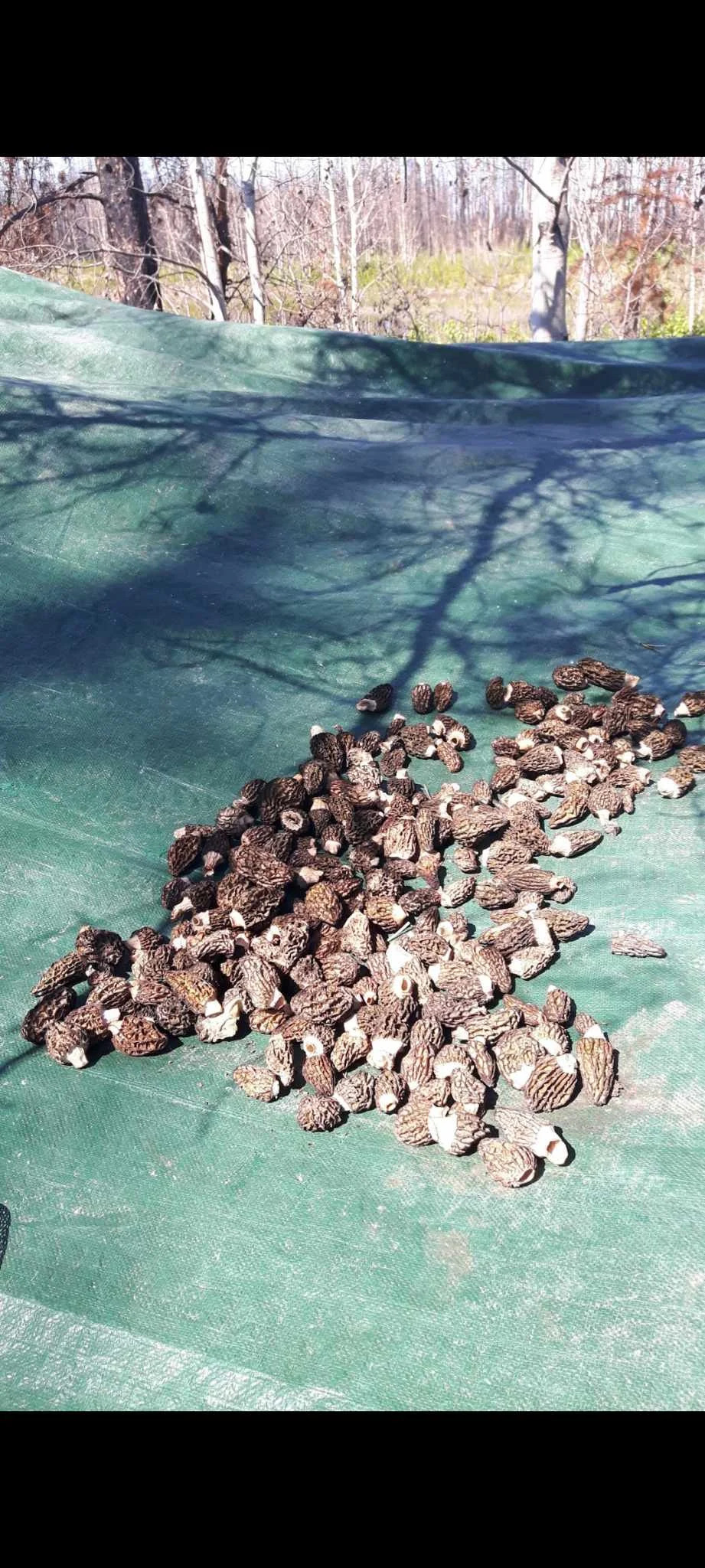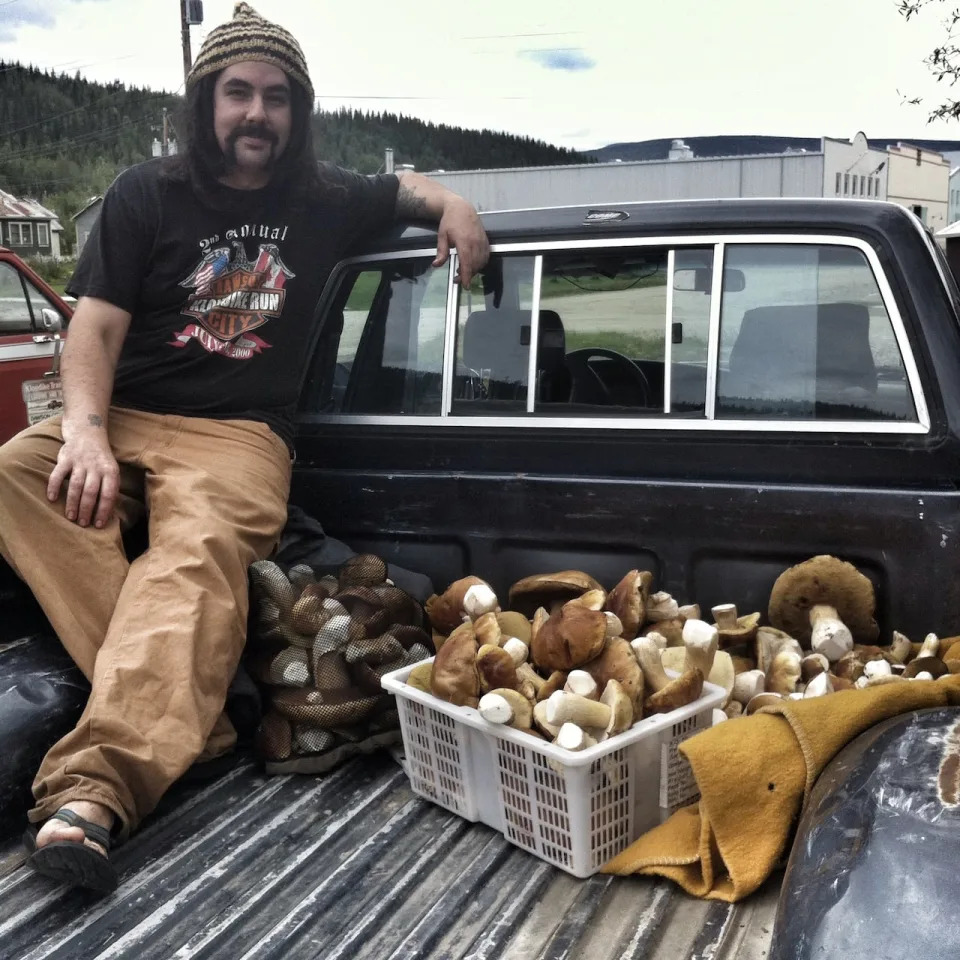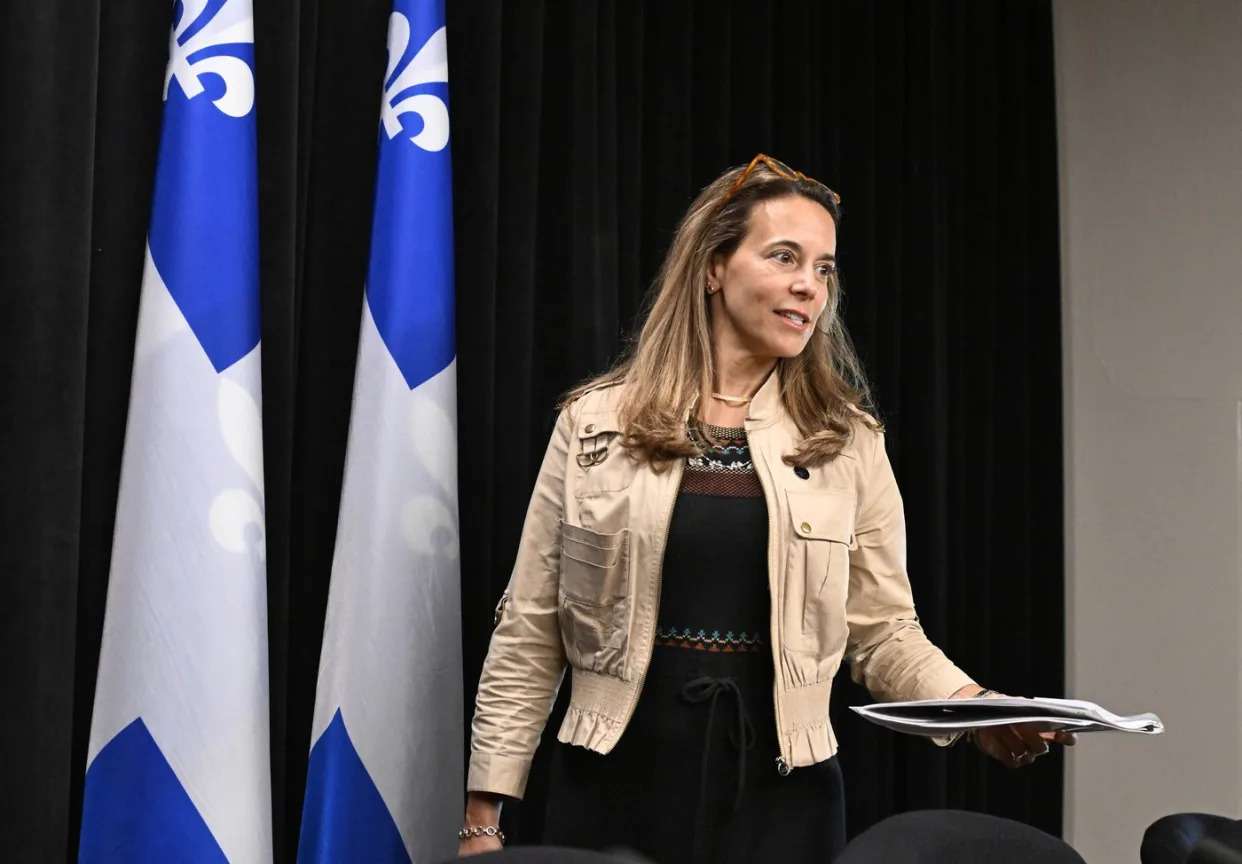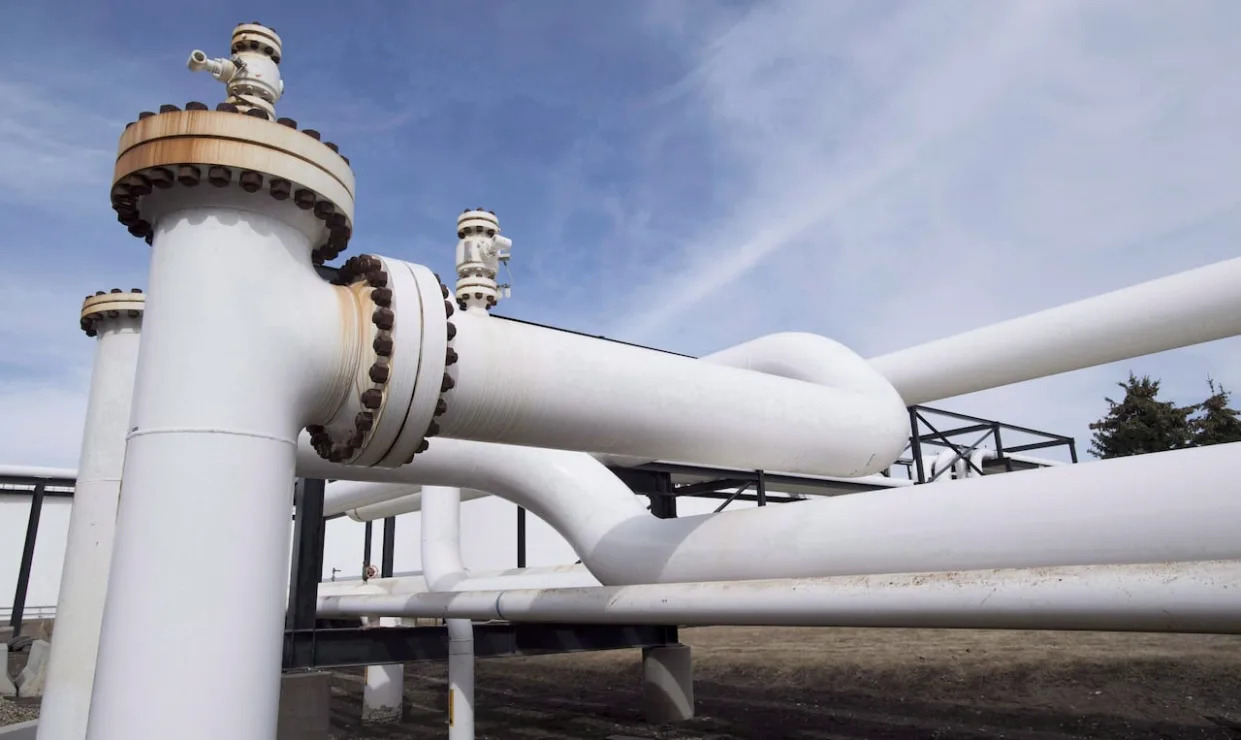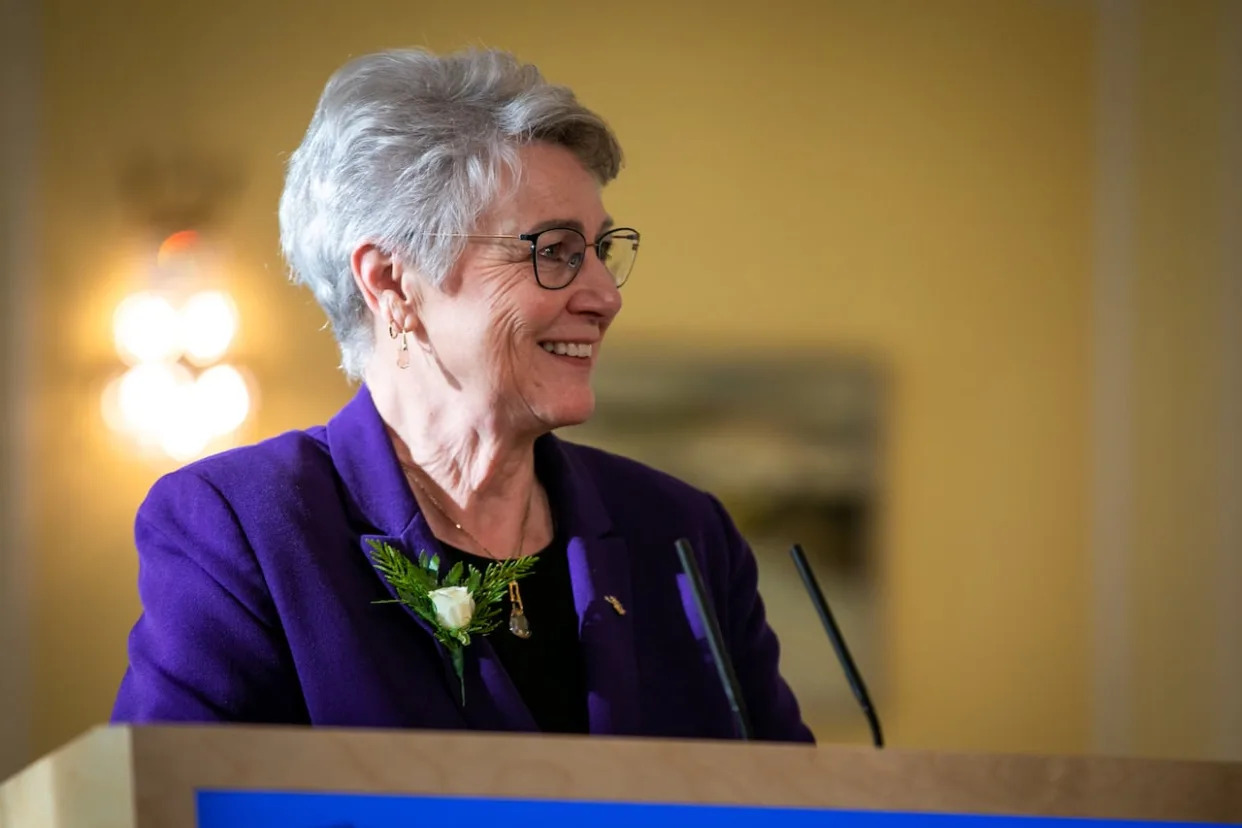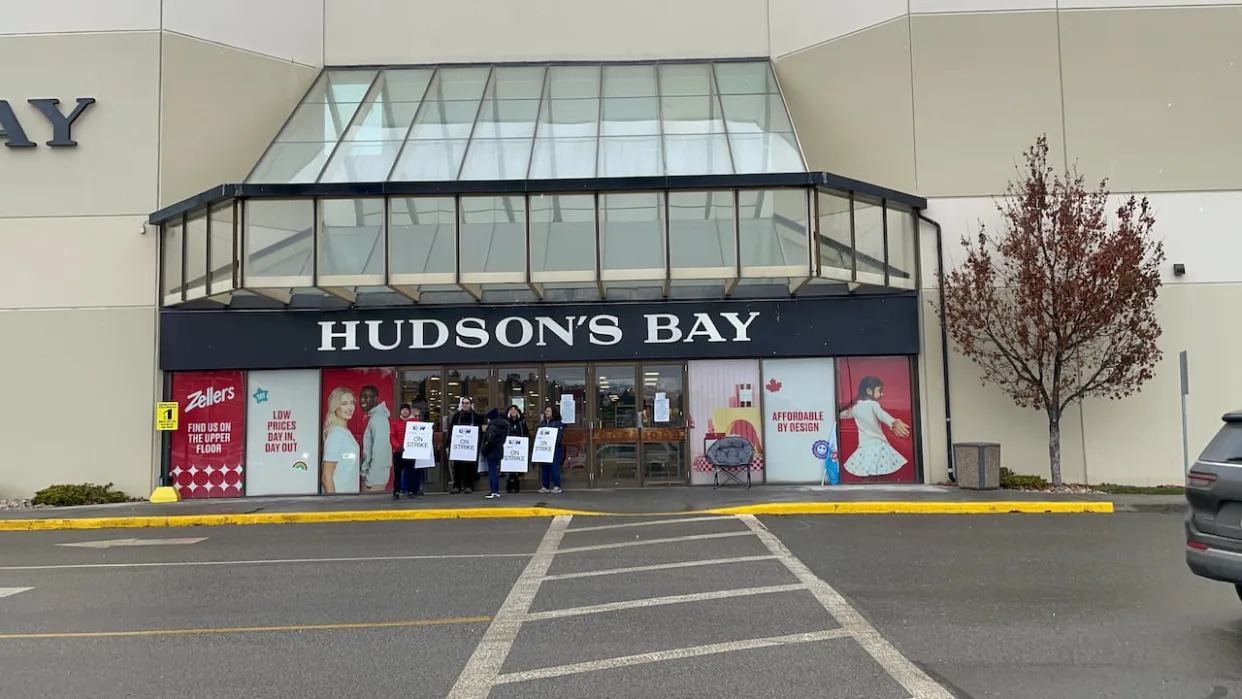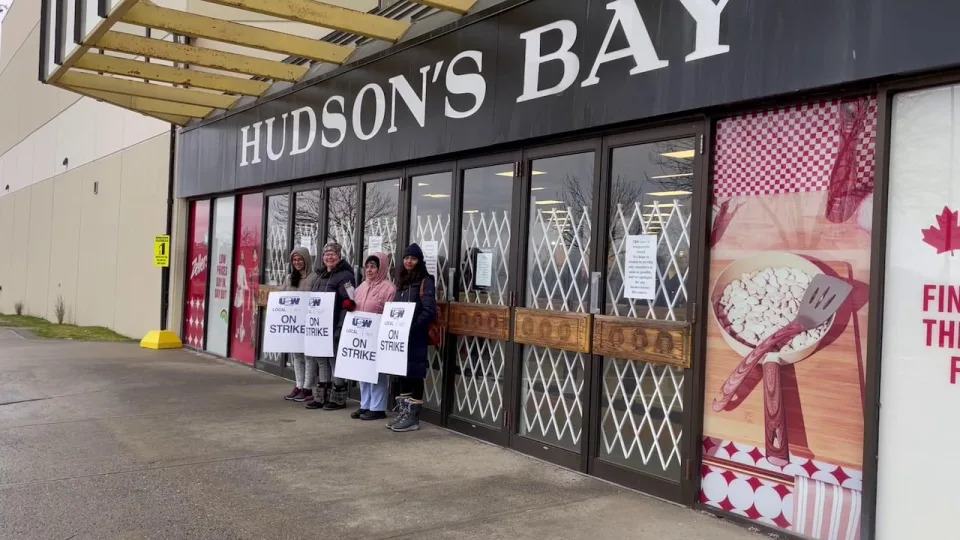Josh Funk
Thu, May 23, 2024

The Associated Press
The federal government agreed to a $15 million fine for Norfolk Southern over last year's disastrous derailment in East Palestine, Ohio, and the railroad promised to pay more than $500 million to complete the efforts to improve safety that it announced after the crash and address community health concerns.
Residents who had to evacuate their homes after the derailment were generally underwhelmed by the deal the Environmental Protection Agency and Justice Department announced Thursday that doesn’t include any criminal charges. This federal settlement comes two days after a federal judge signed off on the railroad's $600 million class action settlement with residents whose lives were disrupted.
In addition to the civil penalty, Norfolk Southern agreed to pay $235 million in past and future cleanup costs — on top of what they've already paid for cleanup — and set up a $25 million health care fund to pay for 20 years of medical exams in the community. The railroad will also pay about $30 million for long-term monitoring of drinking water, groundwater and surface water in the area. The agreement also says the railroad will pay $244 million for previously promised railroad improvements through 2025.
Many East Palestine residents feel this settlement doesn’t do nearly enough to a company that just reported a $527 million profit in the fourth quarter of last year and $53 million in the first quarter after the derailment costs. The railroad’s CEO received $13.4 million in total compensation last year.
“Honestly, no amount can ever make this right, but it should be at least enough to hurt them a little bit. I’m sure that’s not going to hurt their bottom line at all,” Jami Wallace said.
EPA Administrator Michael Regan said the fine is the largest allowed under the Clean Water Act, and the railroad agreed to continue paying all of the cleanup costs. Plus he said Norfolk Southern committed to meaningful safety improvements
“This settlement is historic in many ways and will begin to make up for some of the damage caused to the residents of East Palestine. And it would absolutely push the industry in the direction that we would like for the industry to go,” Regan said. “Again, if some of these provisions that we’ve secured and locked in had been in place, we may not even be where we are today. ”
But the railroad won't face criminal charges, and this latest settlement won't add anything to Norfolk Southern's roughly $1.7 billion in total costs related to the derailment because the Atlanta-based company was already anticipating those costs.
Neither this federal settlement nor the class action settlement seem like enough to Krissy Ferguson.
“Slaps on the wrist. A $15 million fine? And I can never go back to my home again?” Ferguson said.
But resident Misti Allison said it is encouraging to see the investigations and lawsuits against the railroad start to wrap up, and the cleanup is expected to be done sometime later this year.
“I think this is a great step, but let’s continue to make sure the community is made whole,” Allison said.
Many in the small town near the Ohio-Pennsylvania border are eager to put the derailment behind them, but fears about the possibility of developing cancer down the road hang over residents. Allison said she wants to make sure health needs are addressed. But this federal settlement primarily includes only money for exams while the class action settlement includes money for health problems that developed over the past year. Neither deal addresses potential long-term health problems that might develop.
The safety improvements Norfolk Southern promised include adding about 200 more trackside detectors to spot overheating bearings. It has also promised to invest in more than a dozen advanced inspection portals that use an array of cameras to take hundreds of pictures of every passing railcar.
A bill in Congress that would require Norfolk Southern and the rest of the major freight railroads to make more significant changes has stalled, although the industry has promised to make improvements on its own.
Norfolk Southern officials said they believe the relatively small size of this settlement reflects how much the railroad has already done, including paying $780 million in cleanup costs and providing $107 million in aid to residents and the communities affected.
“We are pleased we were able to reach a timely resolution of these investigations that recognizes our comprehensive response to the community’s needs and our mission to be the gold standard of safety in the rail industry," CEO Alan Shaw said. "We will continue keeping our promises and are invested in the community’s future for the long haul.”
After Thursday's announcement, the only remaining federal investigation is the National Transportation Safety Board's probe into the cause of the Feb. 3, 2023, derailment. That agency plans to announce its conclusions at a hearing in East Palestine on June 25. Republicans in Congress have said they might be willing to look at rail safety reforms after that report.
Ferguson said it feels like Norfolk Southern is rushing to resolve things before the NTSB report comes out. U.S. Sen. JD Vance and Ohio Attorney General Dave Yost said in a joint statement that they think the government should have waited to settle.
“The residents of East Palestine deserve full compensation to account for the hardships they have faced in the months since the derailment, but they also deserve the full truth about why the derailment and vent and burn occurred," the statement said. "With its decision to reach a settlement now, the DOJ may have sacrificed its opportunity to use the NTSB’s findings to impose maximum leverage on those responsible for any potential wrongdoing.”
The NTSB has said previously that the derailment was likely caused by an overheating bearing that wasn't caught in time by the trackside detectors the railroad relies on to spot mechanical problems. The head of the NTSB also said that the five tank cars filled with vinyl chloride didn’t need to be blown open to prevent an explosion because they were actually starting to cool off even though the fire continued to burn around them.
The railroad is still working to resolve a lawsuit Ohio filed against it after the derailment.
Josh Funk, The Associated Press
